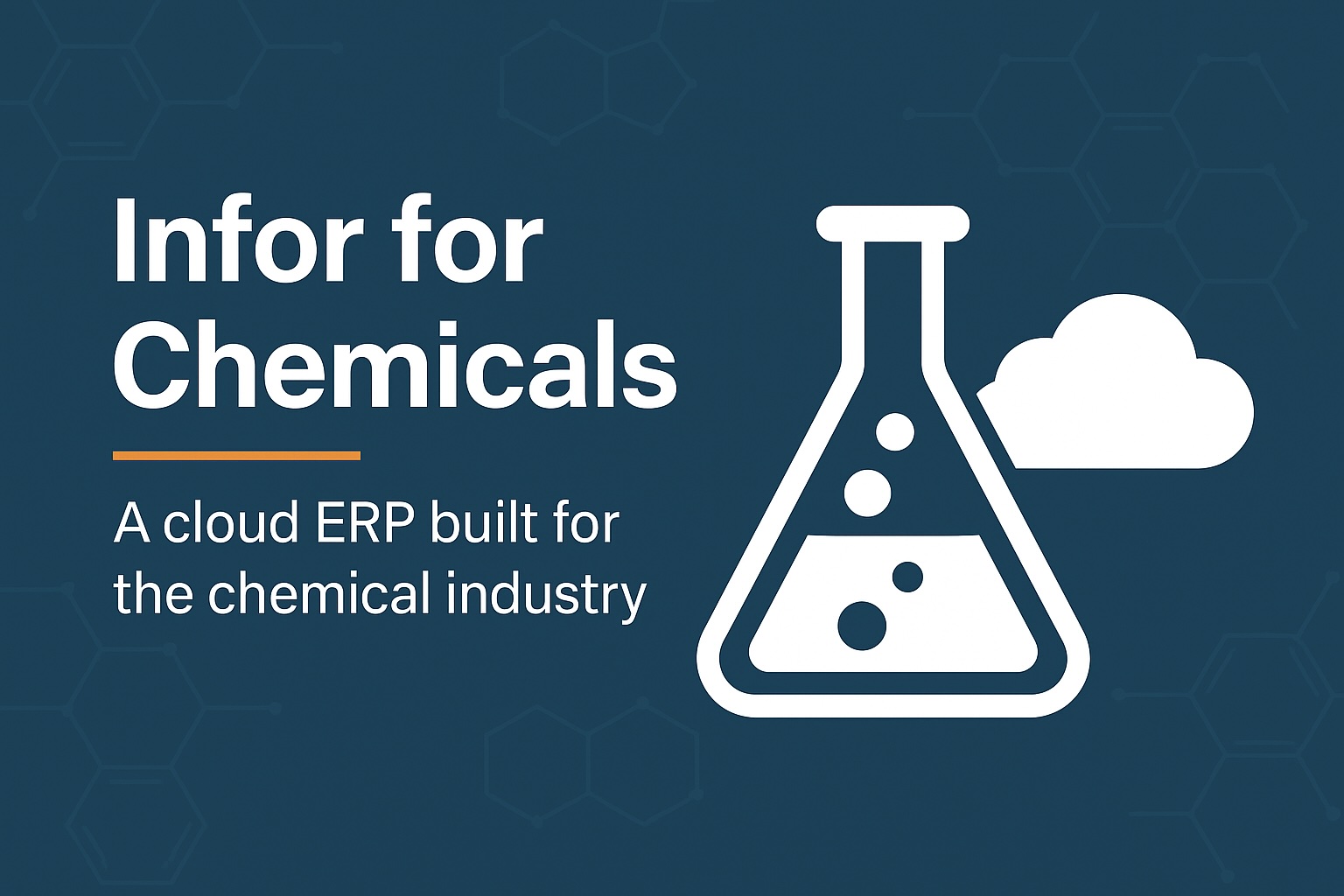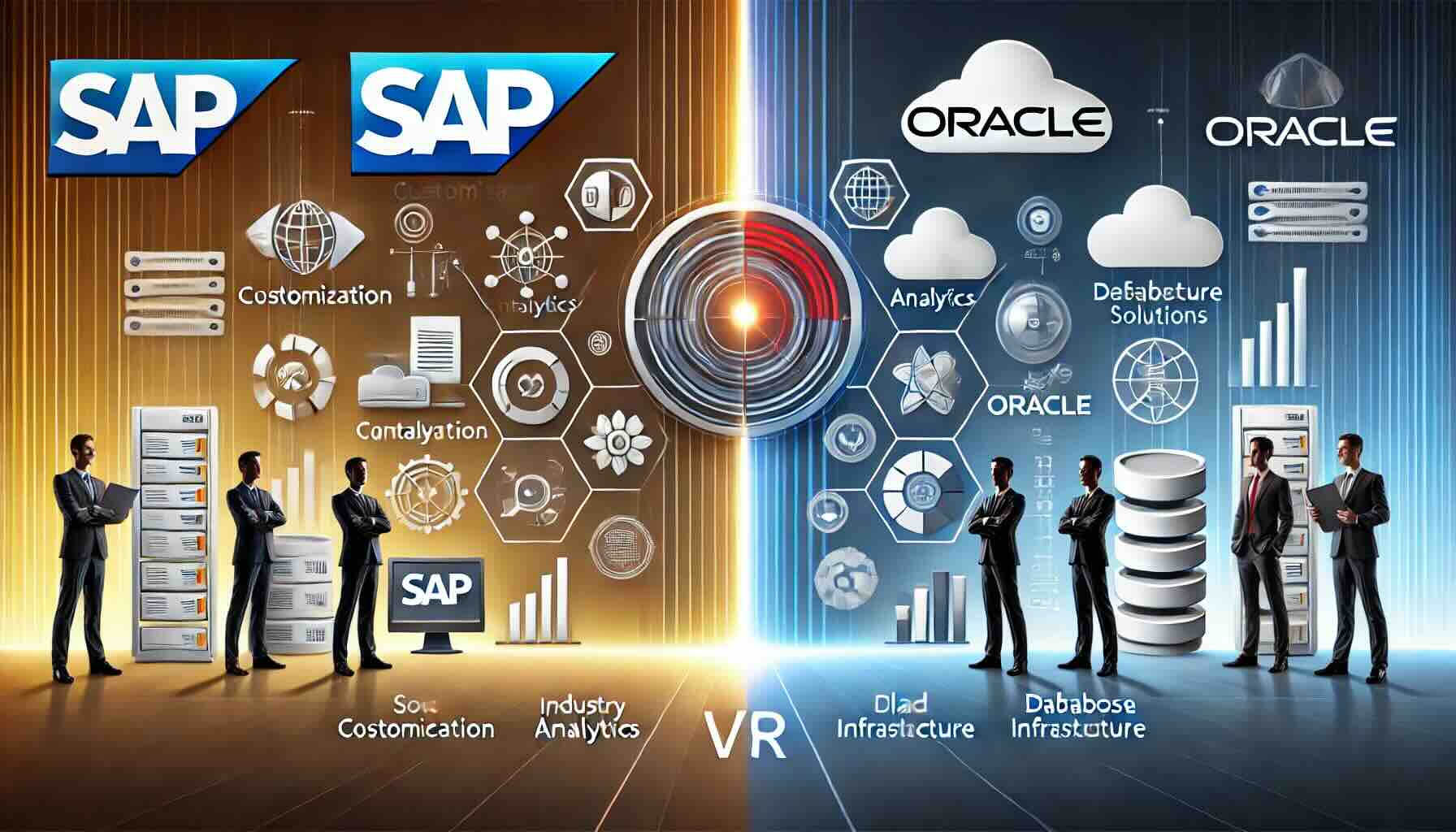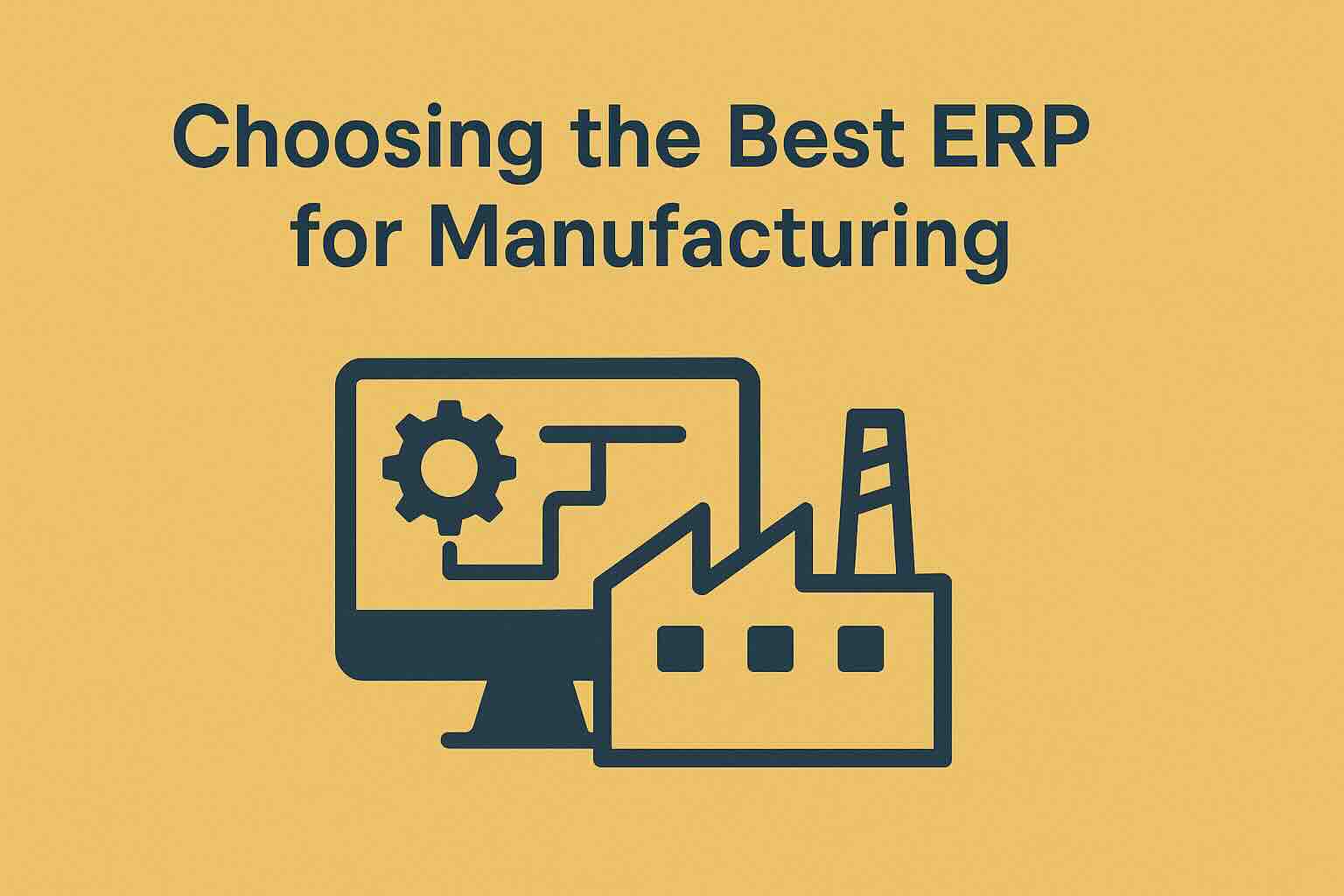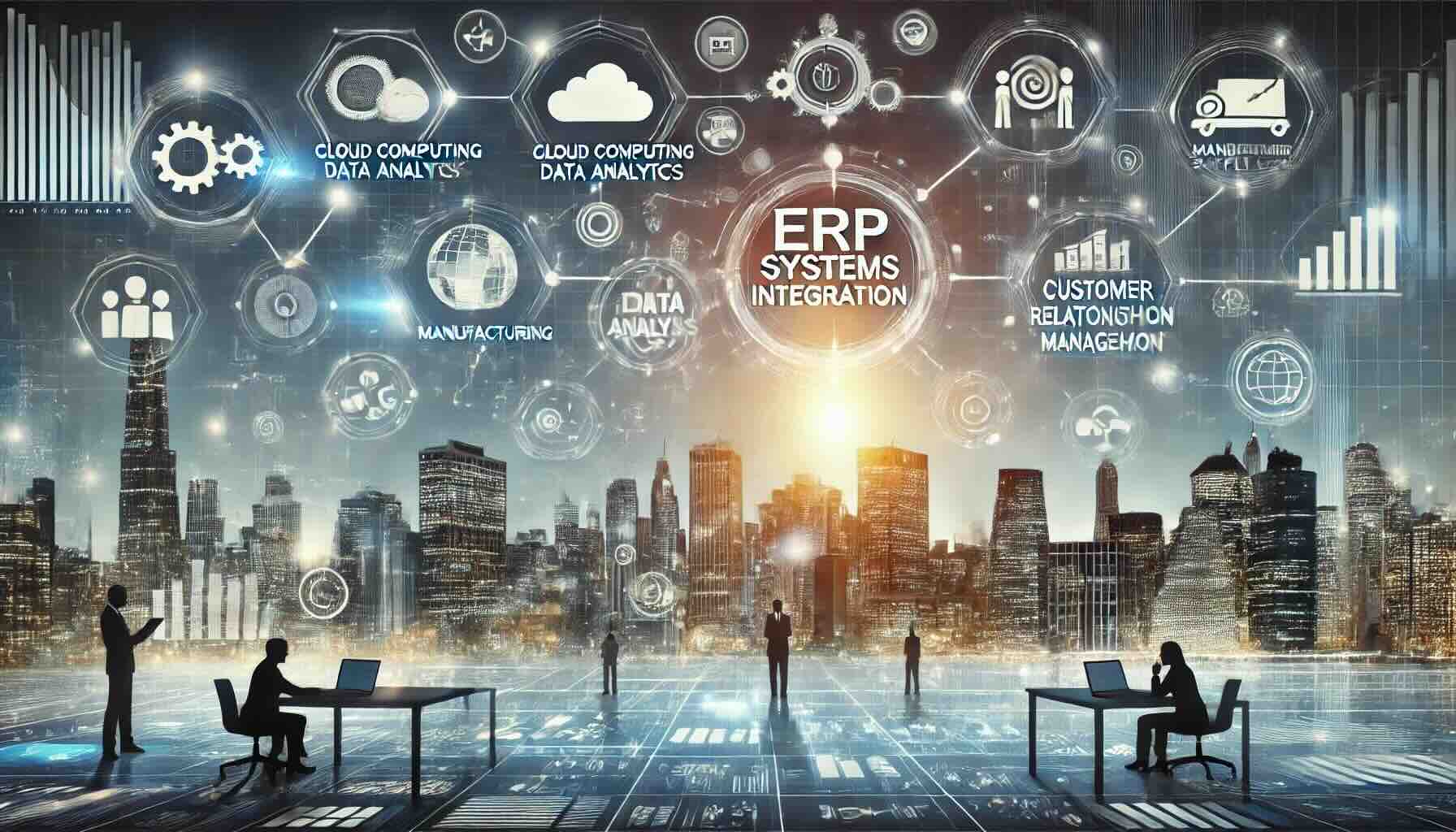SAP vs Oracle: Choosing the Right ERP Solution for Your Business
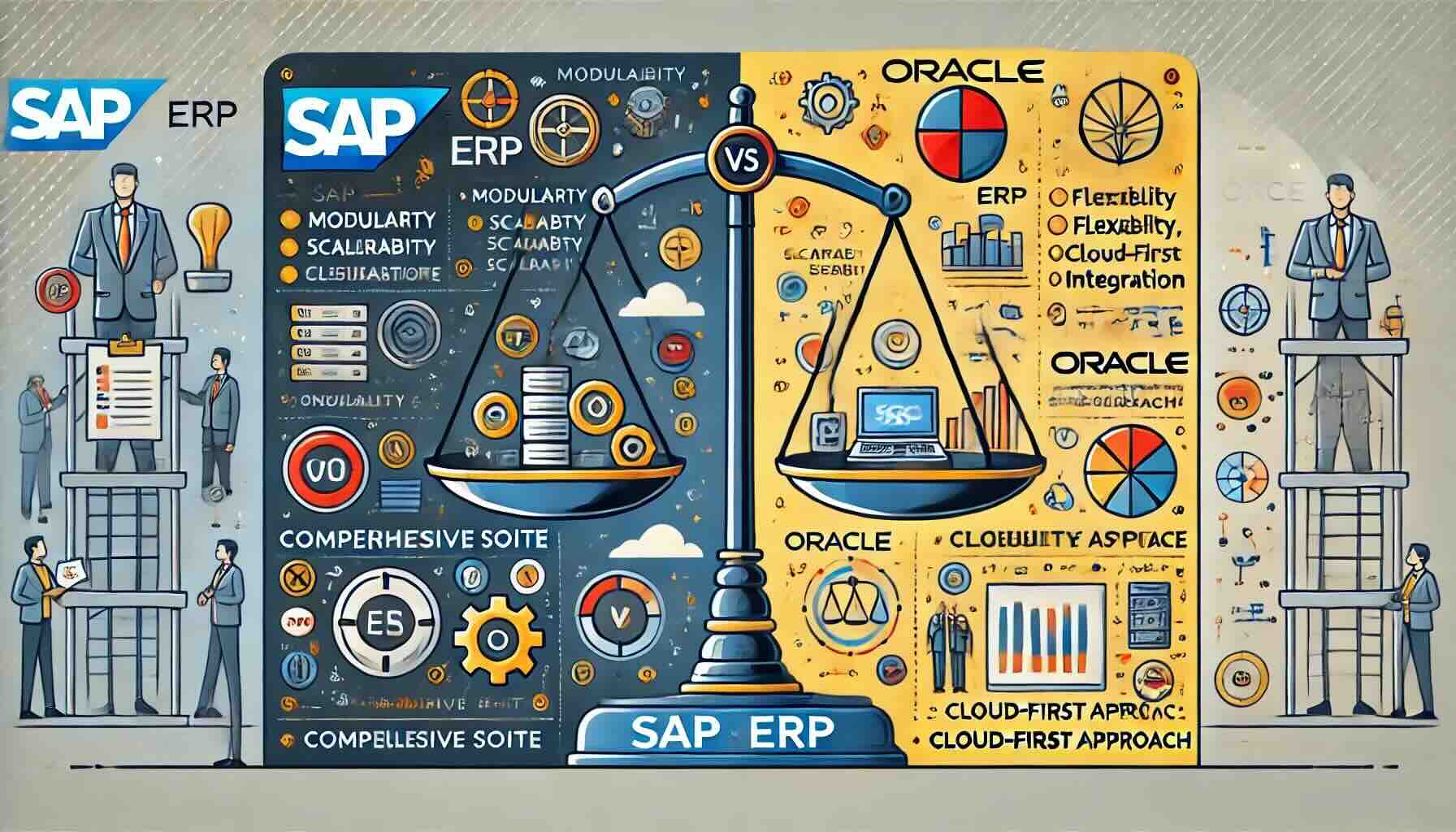
When it comes to Enterprise Resource Planning (ERP) systems, two names often come up at the top of the list: SAP and Oracle. Both are giants in the industry, offering robust solutions to streamline business processes and enhance efficiency. But how do you choose between them? This comprehensive guide will help you understand the key differences and benefits of SAP vs Oracle ERP, enabling you to make an informed decision.
What is ERP?
ERP stands for Enterprise Resource Planning, a type of software that organizations use to manage and integrate the important parts of their businesses. An ERP software system can integrate planning, purchasing inventory, sales, marketing, finance, human resources, and more.
SAP ERP: Overview and Key Features
SAP (Systems, Applications, and Products) is one of the most widely used ERP systems globally. Known for its comprehensive capabilities, SAP ERP offers solutions for various business functions including finance, logistics, and human resources.
SAP ERP Overview
SAP has been a leader in the ERP market for decades, providing solutions that cater to the needs of large enterprises. SAP’s ERP system is known for its ability to handle complex business processes across various industries, from manufacturing and retail to healthcare and public services. One of the standout features of SAP ERP is its modular structure, which allows businesses to purchase and implement only the modules they need, making it highly adaptable to different business sizes and requirements.
SAP’s robust integration capabilities ensure seamless communication and data flow between different business functions, enhancing overall operational efficiency. Additionally, SAP offers a high level of customization, enabling businesses to tailor the ERP system to their specific processes and needs. This customization, however, often requires significant investment in terms of time and resources, including extensive training for users to fully leverage the system’s capabilities.
Key Features of SAP ERP:
- Modularity: SAP provides a modular structure, allowing businesses to purchase only what they need.
- Scalability: Ideal for large enterprises, SAP can handle complex, large-scale business processes.
- Customization: Highly customizable to meet the unique needs of any business.
- Integration: Seamlessly integrates with other SAP products and third-party applications.
Oracle ERP: Overview and Key Features
Oracle ERP is another powerful player in the ERP market, known for its comprehensive suite of applications and advanced database technologies.
Oracle ERP Overview
Oracle has built a strong reputation for providing a wide range of business applications that are both comprehensive and flexible. Oracle ERP is designed to meet the needs of businesses of all sizes, from small startups to large enterprises. One of Oracle’s key strengths is its focus on cloud-based solutions, offering modern and scalable ERP deployments that can adapt to the evolving needs of businesses.
Oracle’s ERP system is also known for its robust analytics and business intelligence tools, which provide valuable insights to help businesses make informed decisions. The system’s flexibility extends to its deployment options, with both cloud-based and on-premises solutions available, allowing businesses to choose the best fit for their infrastructure and strategy. Oracle’s emphasis on user experience ensures that the ERP system is intuitive and easy to navigate, reducing the learning curve for employees and enhancing overall productivity.
Key Features of Oracle ERP:
- Comprehensive Suite: Offers a wide range of applications for different business needs.
- Flexibility: Adaptable to businesses of all sizes, from small startups to large enterprises.
- Cloud-First Approach: Oracle has a strong focus on cloud-based solutions, ensuring modern and scalable deployments.
- Advanced Analytics: Provides powerful analytics tools for better business insights.
SAP vs Oracle ERP: A Detailed Comparison
When comparing SAP vs Oracle ERP, it’s crucial to consider various factors such as implementation, cost, user experience, and support. Here’s a detailed look at how they stack up against each other.
Implementation
- SAP: Known for its complex implementation process, which can be time-consuming and require significant resources. However, this complexity also means a highly tailored solution.
- Oracle: Generally quicker to implement, especially with its cloud-first solutions, which can streamline the deployment process.
Cost
- SAP: Often seen as the more expensive option due to its extensive customization and integration capabilities.
- Oracle: Typically offers more cost-effective solutions, especially for smaller businesses or those looking for cloud-based options.
User Experience
- SAP: Provides a robust, albeit sometimes complex, user experience. The interface may require more training for users.
- Oracle: Known for a more intuitive user interface, making it easier for employees to adapt.
Support and Community
- SAP: Has a large, active user community and extensive support options, including training and certification programs.
- Oracle: Also offers strong support and an active user community, with a focus on continuous improvement and customer feedback.
Which ERP is Right for Your Business?
The choice between SAP vs Oracle ERP depends largely on your specific business needs, budget, and long-term goals.
- Choose SAP if you are a large enterprise with complex business processes and require a highly customizable solution.
- Choose Oracle if you are looking for a flexible, cost-effective, and quicker-to-implement ERP system, especially if you prefer cloud-based solutions.
Conclusion
Both SAP and Oracle ERP systems have their strengths and are trusted by businesses worldwide. By understanding the key differences and aligning them with your business objectives, you can choose the ERP solution that will best support your growth and efficiency.
Choosing the right ERP system is a significant decision that can impact your business for years to come. SAP and Oracle both offer comprehensive and robust solutions, each with unique strengths. SAP is often the go-to for large enterprises with complex needs and a preference for deep customization. Its scalability and integration capabilities make it a powerhouse for handling sophisticated business processes.
On the other hand, Oracle’s flexibility and cloud-first approach provide a modern, cost-effective solution that is quicker to deploy. Its user-friendly interface and advanced analytics tools make it an excellent choice for businesses of all sizes, especially those looking to leverage cloud technologies for agility and scalability.
Ultimately, the decision should be based on a thorough analysis of your company’s specific needs, budget, and long-term goals. Consulting with ERP experts and conducting a detailed needs assessment can further guide you to the best solution. Whichever ERP system you choose, implementing it effectively will be key to transforming your business operations, driving efficiency, and enhancing profitability.
Investing in the right ERP system is not just about meeting current business needs but also about positioning your company for future growth and success. By making an informed choice between SAP vs Oracle ERP, you can ensure that your business is equipped with the right tools to thrive in a competitive landscape.
To compare SAP, Oracle and many more ERP solutions, you can use our new AI-powered Compare ERP tool. It’s free to use and you get a guaranteed discount on your first year’s licence fees with a referral from Compare ERP.
